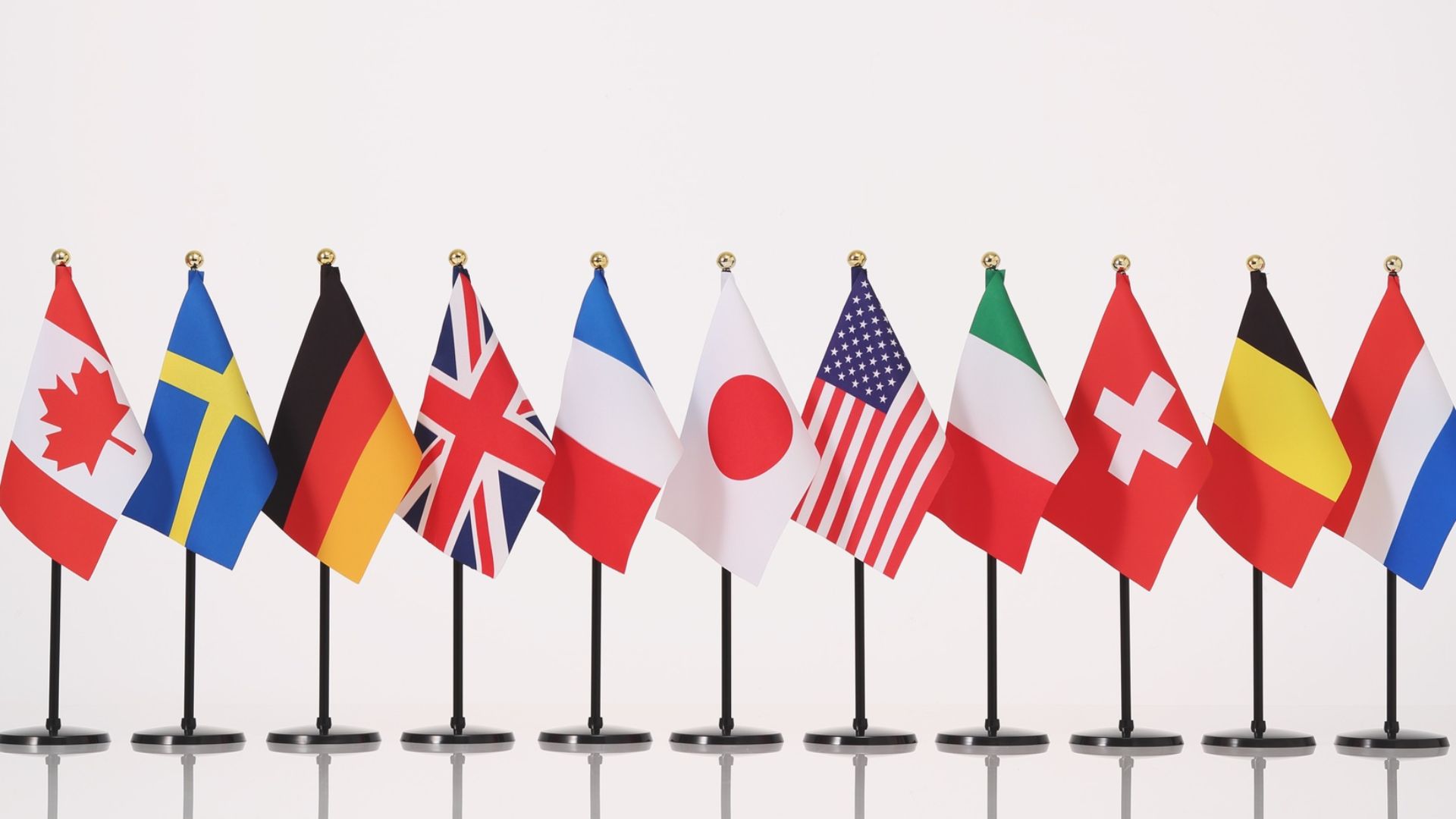What is a translation in international arbitration?
International arbitration has become one of the most widely used dispute resolution methods in cross-border business relations. Unlike conventional legal proceedings, it is based on an agreement between the parties and relies on private courts: arbitral tribunals. These are responsible for settling disputes according to pre-agreed rules, often in a multilingual environment.
In this context, translation in international arbitration covers all the linguistic services required to ensure mutual understanding between all the parties involved. This includes :
- arbitration agreements,
- arbitration clauses in contracts,
- pleadings and briefs drawn up by the parties,
- supporting documents to be produced,
- arbitral awards to be enforced or notified,
- correspondence with arbitration bodies.
Every document must be translated with rigor and accuracy, because a simple error in wording can have consequences for the legal interpretation of a text and, ultimately, for the outcome of a dispute.
Why is this translation essential?
1. A diversity of languages and legal systems
International arbitration proceedings often involve parties from different legal and cultural systems. The language chosen for the arbitration (usually English, French or Spanish) may not correspond to the language of the original documents. Translation then becomes the bridge between legal concepts, reasoning and economic issues.
2. Direct legal consequences
Translated documents are not simply information carriers: they have direct legal value. A poorly translated brief can lead to the rejection of an argument. A misinterpreted arbitration clause may call into question the jurisdiction of the arbitral tribunal. An inaccurately translated award may prevent its enforcement before a national court.
3. The need for precision and consistency
The translation must comply with a specific legal terminology, often specific to the law applicable to the contract or procedure(common law, civil law, mixed law...). It must also preserve the logic, structure and tone of the original documents, while making them intelligible in another linguistic and legal system.
In reality, this is not just a matter of linguistic transposition, but of legal transposition, requiring a dual skill set: linguistic and legal.
How do I make a translation for international arbitration?
1. Choosing the right service provider
It is essential to use translators who specialize in international law and arbitration, and who understand the subtleties of terminology and the legal issues involved.
A specialized agency such as Legal 230 selects :
- law graduates or experienced legal translators,
- native speakers of the target language,
- in-depth knowledge of the workings of arbitration institutions (ICC, CIADI, LCIA, SCC, etc.).
2. Integrate translation into your business strategy
Translation should not be an afterthought. It must be anticipated from the outset of the project in order to :
- ensure consistency of terminology throughout the process,
- respect the often strict deadlines imposed by the arbitration calendar,
- avoid duplication or inconsistencies between different language versions of the same document.
3. Use the right tools, without neglecting human review
Machine translation tools can be useful for quickly preparing a working base, but can never replace human legal translation in this type of context. Post-editing by an expert translator remains essential to guarantee the reliability of the content transmitted.
How can Legal 230 help you?
For over ten years, Legal 230 has been assisting international law firms, legal departments and arbitration bodies with the translation of their complex cases.
Our expertise covers the entire arbitration cycle:
- Translation of arbitration agreements and arbitration clauses
- Multilingual translation of procedural documents
- Dedicated teams available for long-term litigation
- Translation of arbitral awards for enforcement or recognition purposes
- Enhanced confidentiality for sensitive documents
- Responsiveness to urgent procedures
Concrete guarantees
- A translator with legal expertise selected for each case
- A senior proofreader to ensure quality, consistency and legal compliance
- Multilingual coordination, with high-volume management and rapid delivery
- Optional proprietary legal translation engine (Alan/Lexa ) for post-editing
- A single point of contact to follow your case from A to Z
Are you involved in international arbitration proceedings?
Entrust your translations to a team that understands the challenges you face.
Legal 230 is proven expertise at the service of your legal strategy.
📩 Contact us for a personalized quote or to speak with a dedicated project manager.

